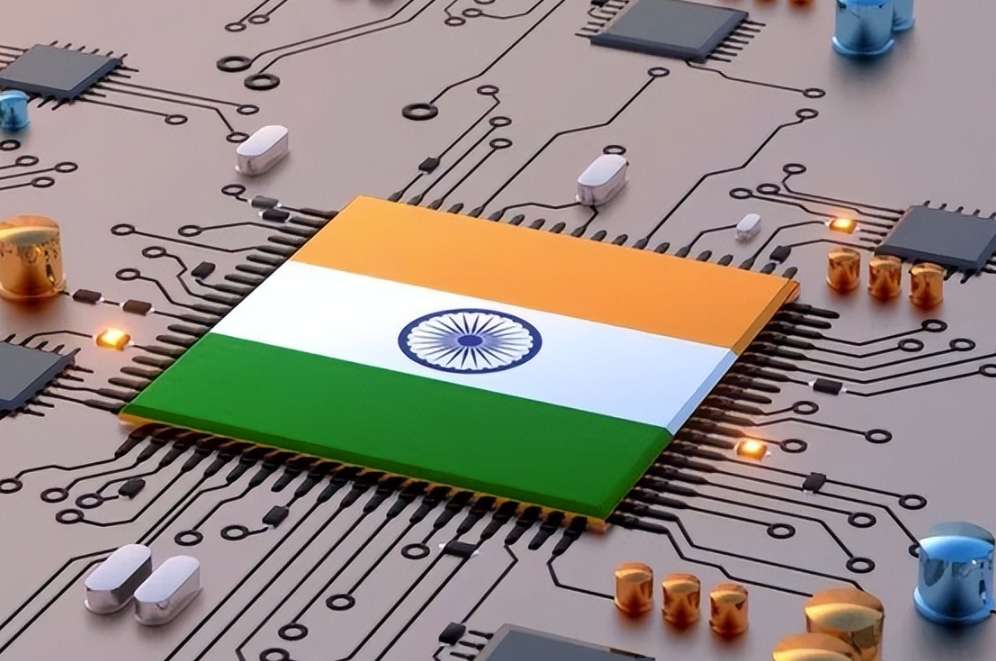As the global landscape of artificial intelligence (AI) continues to evolve at a breakneck pace, nations across the globe are vying for their stake in what many view as the future of technological development and economic power. Recently, India has made grand proclamations about its aspirations in AI, sparking a plethora of discussions both domestically and internationally. The Indian government, under the banner of enhancing its status as an "AI superpower", aims to propel itself into the fray of global AI technology. Minister Ashwini Vaishnaw outlined an ambitious initiative involving the selection of 18 AI proposals that are expected to supercharge sectors such as agriculture and climate change. At first glance, these ambitions might appear inspiring; however, a closer inspection reveals significant challenges that could impede India’s aspirations.
The skepticism surrounding India’s AI ambitions stems primarily from its inherent disparities in core capabilities compared to its competitors. The race to advance AI technology hinges on four critical pillars: computational power, data access, algorithms, and a knowledgeable workforce. Unfortunately, India appears to face significant hurdles in each of these areas. With a burgeoning digital economy, the demand for robust computational capabilities to train foundational AI models is profound, yet India lacks sufficient resources. The ultra-modern AI training chips that drive today's advanced models are predominantly produced by American companies, placing India in a precarious position as it struggles to establish its own manufacturing capacity. This raises a fundamental question: how can India expect to develop its high-end AI models with such profound limitations in computational infrastructure?

Adding to the complexity is the issue of data quality and availability. Consider data as the lifeblood of AI; it fuels algorithms and informs models. India’s data ecosystem, unfortunately, lags far behind that of global powerhouses like the United States and China, where vast internet user bases and efficient data collection methods enable the construction of intricate and powerful models. In contrast, India grapples with a chaotic data management landscape, riddled with insufficient privacy regulations and a shortage of quality datasets. Furthermore, many of India's leading internet services are governed by foreign corporations, leaving domestic firms struggling for control over their data assets. Consequently, building foundational models in AI becomes an uphill challenge when the very fabric of data necessary for innovation is frayed.
The challenges do not end there; India is also confronted with the daunting task of cultivating its algorithmic expertise and nurturing a skilled workforce. The epicenter of AI research is, for the most part, entrenched in countries like the United States and China, which host elite research institutions and pioneer projects. While India has made strides in software outsourcing that showcases its technical capabilities, the nation lacks a comprehensive ecosystem for advanced algorithm research. Moreover, a noticeable exodus of tech talents to Western countries points to a significant brain drain that poses yet another obstacle to India's aspirations. Many Indian engineers contribute to leading companies such as Google and Microsoft, but their innovative endeavors ultimately strengthen these foreign enterprises rather than foster local growth.
In contrast, companies like DeepSeek in China are making waves on the global stage with tangible outcomes that showcase their prowess in AI development. As a firm dedicated to foundational technology in AI, DeepSeek has successfully positioned itself alongside global titans such as OpenAI and Anthropic. This success is attributable to a cohesive ecosystem that encompasses state-funded initiatives, extensive data centers, and advanced supercomputing capabilities. Significantly, the Chinese government has consistently underscored its commitment to nurturing a robust AI industry through comprehensive policies, which fosters a virtuous cycle of growth, innovation, and competition. Such an established system is difficult for India to replicate within a short timeframe.
The Indian government has attempted to catalyze its AI evolution through a series of national initiatives aimed at accelerating development; yet, the effectiveness of this "policy-driven" approach is debatable. Historical weaknesses in India's tech sector cannot merely be rectified through a handful of governmental schemes. True AI competition demands systemic transformations and innovation—not just ad-hoc programs from a few enterprises. While the government can maintain a vocal commitment towards becoming an AI powerhouse, without the requisite industrial foundation and technological infrastructure, these aspirations may prove to be mere illusions.
AI thrives on more than just software outsourcing; it requires a deeply embedded research ethos, a full supply chain, vast data reservoirs, and expansive market applications. At present, India exhibits weaknesses across all these elements. The specter of India's AI ambitions raises an essential question: can they indeed fracture the barriers imposed by reality? The answer seems resoundingly clear. Absent core computational resources, high-quality datasets, cutting-edge algorithms, and a cohesive industrial framework, India’s policies and financial backing may ultimately lead to little more than empty rhetoric.
As we observe the accelerating global race in AI, characterized by intense competition and rapid technological innovation, it becomes evident that real contenders possess either dominant core technologies or comprehensive ecosystems—features that presently elude India. To assert that India's AI models could rival the world's best in the near future appears to be an extravagant ambition, one steeped in the realm of fantasy rather than grounded in pragmatic development.